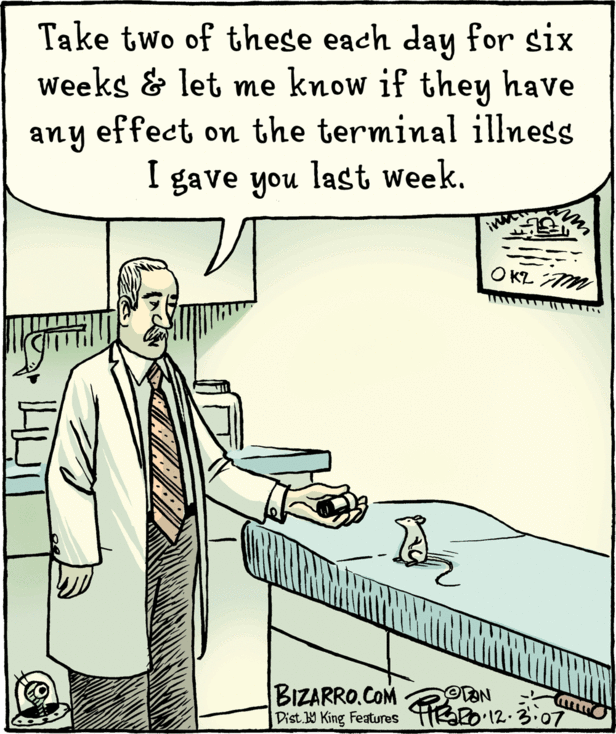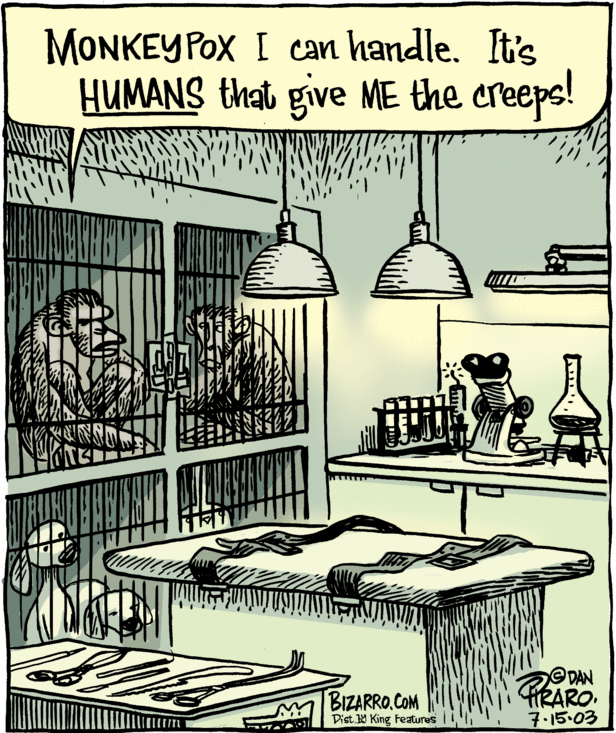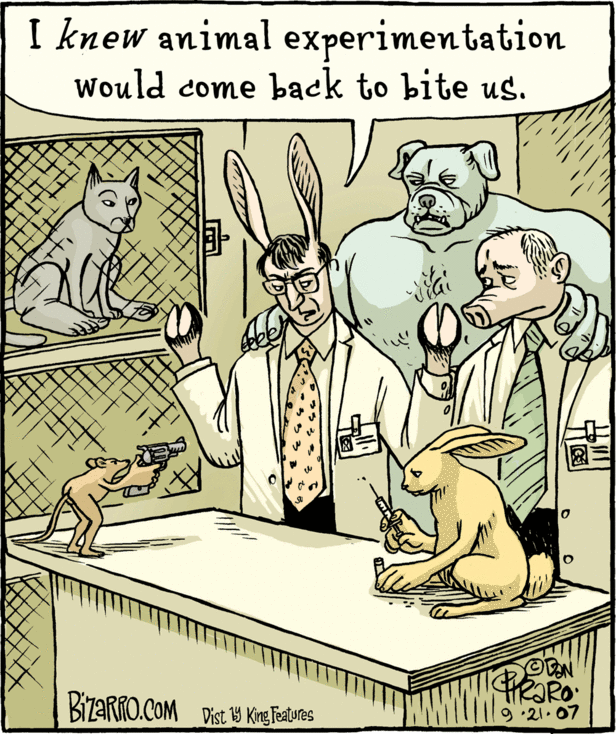What's the solution?
The DHT funds research that proves medical research can, and should, take place without using animals
We need your support to continue to advance cruelty-free human-relevant research
It's time to prove that animal research is unnecessary
In order to replace animal use in fundamental biomedical research, we focus on funding research that is of high-quality, human-relevant and that develops approaches so that scientists will not default to using animals for biomedical research. The research projects funded by the Dr Hadwen Trust (DHT) provide evidence that non-animal techniques generate advances in biomedical research.
It's time to phase-out animal research
The complete replacement of animals used in research will not happen overnight. As well as funding, it will take commitment, collaboration, and a phased approach.
The problem many scientists face when designing alternative experimental protocols is that animal use is historically embedded as the ‘gold standard’, whether appropriate or not. There are, these days, many alternative research techniques that can be used instead of animals, but there are cases where alternatives don’t exist or they are not widely known about or that they simply aren't fit for purpose and are not used for scientific reasons.
It's time to invest in innovative animal-free research
The DHT exists to fund new research committed to advancing biomedical science without the use of animals. We do not consider it necessary that future, innovative research should be judged solely by comparison with historical research conducted using animals. The DHT has robust funding policies, and a stringent grant application and peer review process which reflects our commitment to fund only high-quality science that has the potential to advance biomedical research and to replace the use of animals. In addition, the DHT is focused on communicating animal replacement science, and to educating scientists to adopt animal replacement methodologies wherever possible.
Our focus is innovative, well designed, non-animal research. This makes the DHT different from the larger ‘mainstream’ national medical research charities who do not have a serious, pro-active agenda to prioritise the replacement of animals in medical research. We believe that only the complete replacement of animals will lead to technological innovation, advance medical science and provide data that is truly relevant to humans. The success of our projects is measured by monitoring the outcomes and output of the research. We monitor where the research is published, the uptake of the research by the science community, and ultimately the advances in medical research in the longer term. There are few quick wins in funding medical research, and advances are often only delivered after intensive and extensive investigation.
There is a commitment at a UK and EU level to reduce the number of animals used for research purposes. Government funding is currently directed towards funding the 3Rs (replacement, refinement and reduction of animals in research). However, the main government-funded grant making body considers the use of animal derived material to be a ‘replacement’ for live animals for research purposes.
It's time for the focus to be human-relevant research
In contrast, the DHT does not fund research that uses animals or animal cell lines/tissues because of questions surrounding the validity of translating animal cell line data to humans. Research projects funded by the DHT are reviewed by independent experts from the science community and must qualify the animal replacement potential of the research and the relevancy to the human condition. By funding these projects the DHT will advance medical research, prevent animal lives being lost and also reduce the time and expense of wasted research.
In summary, the solution to replace animal use in fundamental biomedical research is to focus on funding research that is of high-quality, human-relevant and that develops alternative approaches that scientists actively want to use rather than reverting to the default position of the animal-model. This can only be achieved by funding research projects that contribute to scientific knowledge and provide evidence that non-animal techniques will generate advances in medical research.
Dan Piraro has graciously provided permission to share his work on this site. If you wish to secure like permission of your own project, you can contact him via his website.
Dan Piraro has graciously provided permission to share his work on this site. If you wish to secure like permission of your own project, you can contact him via his website.
Dan Piraro has graciously provided permission to share his work on this site. If you wish to secure like permission of your own project, you can contact him via his website.
Marla Rose and John Beske have graciously provided permission to share their work on this site. If you wish to sucure like permission of your own project, you can contact them via the social media links listed on their website.
Content from Richie Fruitbat has been explicitly marked as "publicly embeddable" for use via YouTube, and we're grateful to be allowed to include that work on this site.




















